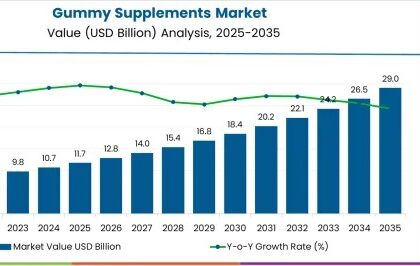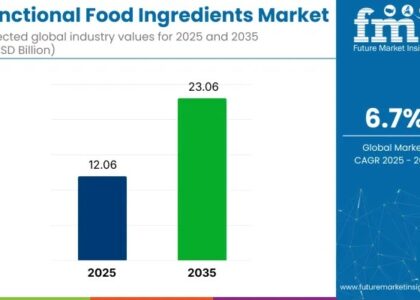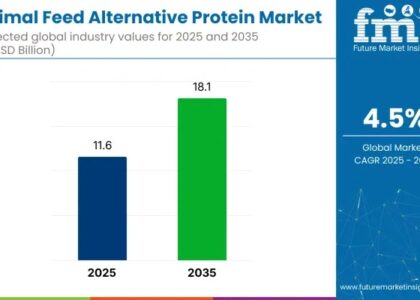FMI has released a new research on the EV charging cable market, following a thorough analysis of the electric three-wheeler market. According to the analysis, sales of EV charging cables are now valued at US$ 2,281.63 million in 2024. According to this trend, demand might increase and result in a market valuation of US$ US$ 16.99 Billion, with a CAGR of 22.24% by 2034.
Request a Sample of this Report:
https://www.futuremarketinsights.com/reports/sample/rep-gb-13262
Key Segments covered in the EV Charging Cables Industry Survey
By Power Supply:
- AC Charging
- DC Charging
By Product Type:
- Mode 2 Charging Cables
- Mode 3 Charging Cables
By Voltage Capacity:
- 16 Amp
- 32 Amp
By Application:
- Private Charging
- Public Charging
By Region:
- North America
- Latin America
- Europe
- Asia Pacific
- Middle East and Africa
Author
Nikhil Kaitwade (Associate Vice President at Future Market Insights, Inc.) has over a decade of experience in market research and business consulting. He has successfully delivered 1500+ client assignments, predominantly in Automotive, Chemicals, Industrial Equipment, Oil & Gas, and Service industries.
About Future Market Insights (FMI)
Future Market Insights, Inc. (ESOMAR certified, recipient of the Stevie Award, and a member of the Greater New York Chamber of Commerce) offers profound insights into the driving factors that are boosting demand in the market. FMI stands as the leading global provider of market intelligence, advisory services, consulting, and events for the Packaging, Food and Beverage, Consumer, Technology, Healthcare, Industrial, and Chemicals markets. With a vast team of over 5000 analysts worldwide, FMI provides global, regional, and local expertise on diverse domains and industry trends across more than 110 countries.
Contact Us:
Future Market Insights Inc.
Christiana Corporate, 200 Continental Drive,
Suite 401, Newark, Delaware – 19713, USA
T: +1-845-579-5705
For Sales Enquiries: sales@futuremarketinsights.com
Website: https://www.futuremarketinsights.com
LinkedIn| Twitter| Blogs | YouTube





